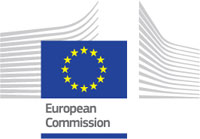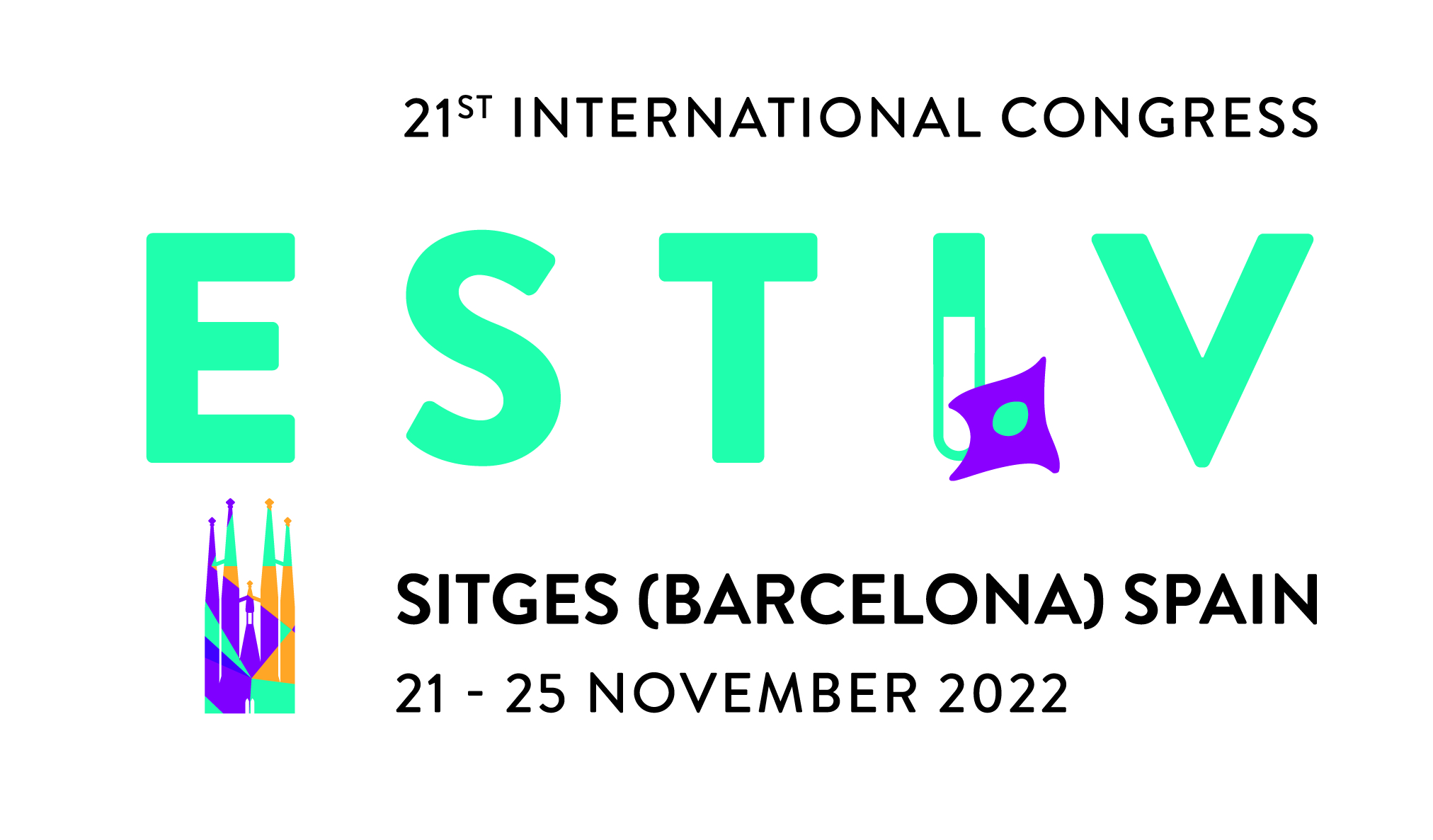Bridging across methods in the biosciences (BeAMs): the opportunity of COVID-19 (organised with JRC)
FULLY BOOKED
Cross-disciplinarity in all its forms remains very difficult to put into practice, even though it is widely acknowledged as an important way of meeting scientific challenges. In this workshop we offer tools to assist in putting into practice meaningful cross-disciplinarity, that can be a game changer in the broad arena of toxicology. Rather than a series of talks, our workshop is a series of hands-on activities in which participants explore their own and others’ attitudes towards cross-disciplinarity, and the challenges to accomplishing it. Together we look at strategies for overcoming challenges, and tools for bridging across different approaches to common research topics.
The example the CIAO project will be used as a springboard for a close look at how bridging can be achieved. This is a cross-disciplinary collaborative effort to make sense of the tsunami of data being generated on the pathways of Covid19, using the Adverse Outcome Pathways Framework as a tool for knowledge management. Bringing together scientists and practitioners from multiple backgrounds and disciplines, the project has been as interesting for the insights it has brought into the disease pathways of Covid19, as for the way in which it has been an opportunity to see bridging across methods in action. The aim of the workshop is to provide participants with a toolkit for analysing challenges to cross-disciplinarity that they encounter in their research contexts, and for achieving forms of cross-disciplinarity that genuinely enrich their practice.
The team who will facilitate the workshop includes scientists, socio-philosopher of science, and a creative facilitator. Below you can find their short bios.
AGENDA
| 08:30-9:00 | Opening and Introduction |
| 09:00-10:20 | Activity 1: ‘Who’s in the room?’ We will explore the scientific identities and “labels” that participants identify with. |
| 10:20-10:40 | Coffee break |
| 10:40-11:30 | Activity 2: Acting the scientific roles Through performance techniques, we will explore the social and institutional constraints of scientific roles, and how to overcome them. Participants will be able to choose the level of participation they are comfortable with: just watching; giving feedback or directing the action, or participating as an actor |
| 11:30-12:30 | Activity 3: Bridgeability – The CIAO COVID project We will get practice in constructing bridges across disciplines. This session starts with insights from CIAO – a real-life cross-disciplinary (in all ways) crowdsourcing project tracking the multiple pathways of COVID19, followed by breakout groups |
| 12:30-13:00 | Wrap-up session / Recap of strategies for achieving cross-disciplinarity |
Organising committee:
Annamaria Carusi is Director of Interchange Research, a consultancy that aims to bring understanding of social aspects of science to bear on the formation and management of scientific practices. In this role, she has worked extensively on facilitating and supporting transdisciplinarity across the various sciences of toxicity and toxicology and policy formation and decision-making. She is author of the BeAMS (Bridging Across Methods in the BioSciences) Science for Policy Report, commissioned by the European Commission Joint Research Centre. She is also Honorary Research Associate of the Department of Science and Technology Studies at University College London. A philosopher of science and technology by background, her prior academic work combined philosophical and qualitative empirical approaches to investigate the role of technologies in the biosciences and in medical sciences. Her research has encompassed studies of visualisation and images, the construction of computational models, and artificial intelligence.
Clemens Wittwehr is the competence group leader for knowledge sharing in the Chemical Safety and Alternative Methods Unit of the European Commission’s Joint Research Centre (JRC). Knowing that scientific knowledge is only as useful as it is actually known to its target audience, Clemens explores innovative ways to increase relevant stakeholders’ awareness of the facts and information they need to increase the uptake of non-animal approaches in regulatory and biomedical domains. This includes managing the further development of the environment managing Adverse Outcome Pathway knowledge. In this context, Clemens also instigated the CIAO project – which stands for “Modelling the Pathogenesis of COVID-19 using the AOP Framework”. CIAO aims at channelling the COVID-19 information tsunami into a useful knowledge flow.
Earlier in his JRC career, Clemens was manager of the IUCLID project, which delivered the standard software now used by chemical industry to submit their registration dossiers under REACH, the EU chemicals legislation.
Valerie Monti Holland is a sociodramatist and social entrepreneur who facilitates, coaches, mentors and trains nearly everywhere from boardrooms to the European Commission, in prisons and countless conference suites resulting in films, papers, presentations and workshops globally. Valerie is a grateful director of the Flower 125 Health CIC (Community Interest Company). When she is not designing ways for groups to engage, you can find her at least ankle deep in mud on a hike or cycle ride across the moors before collapsing on a yoga mat to integrate body and soul. She is the very proud mother of a son and daughter. You can reach her at val@leftluggagetraining.co.uk.
Sofia Batista Leite is a Scientific Project Officer working at Chemical Safety and Alternative Methods Unit at the European Commission Joint Research Centre (EC-ERC) that hosts the EURL ECVAM. The majority of her time she is investigating strategies to better share knowledge on non-animals models and methods bridging the scientific with the social-behavior knowledge. Her work focus on knowledge sharing and trust building in in vitro methods and models with special interest on Organ-on-chip. Before joining JRC she was working with 3D liver cultures, bioreactors and organ-on-chip. She is currently part of the European Society of Toxicology in Vitro (ESTIV) board
.

For more information please contact the BeAMs pre-conference organiser, Dr. Sofia BATISTA-LEITE (Sofia.BATISTA-LEITE@ec.europa.eu)
